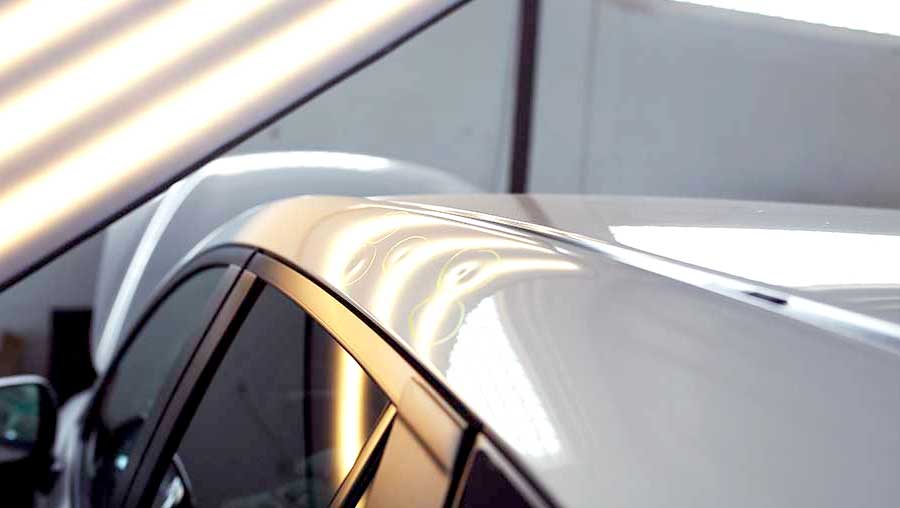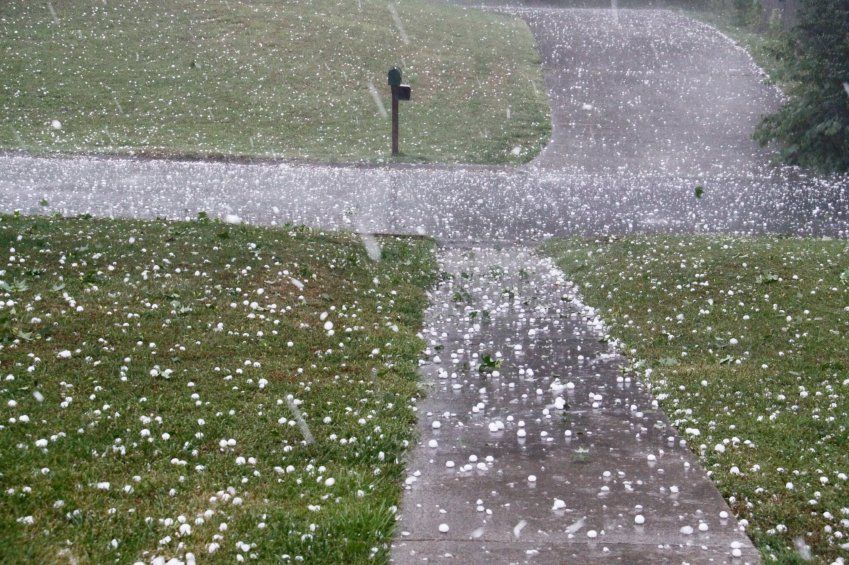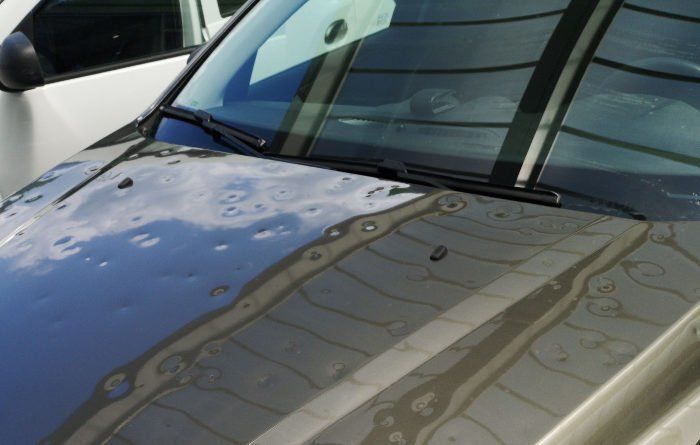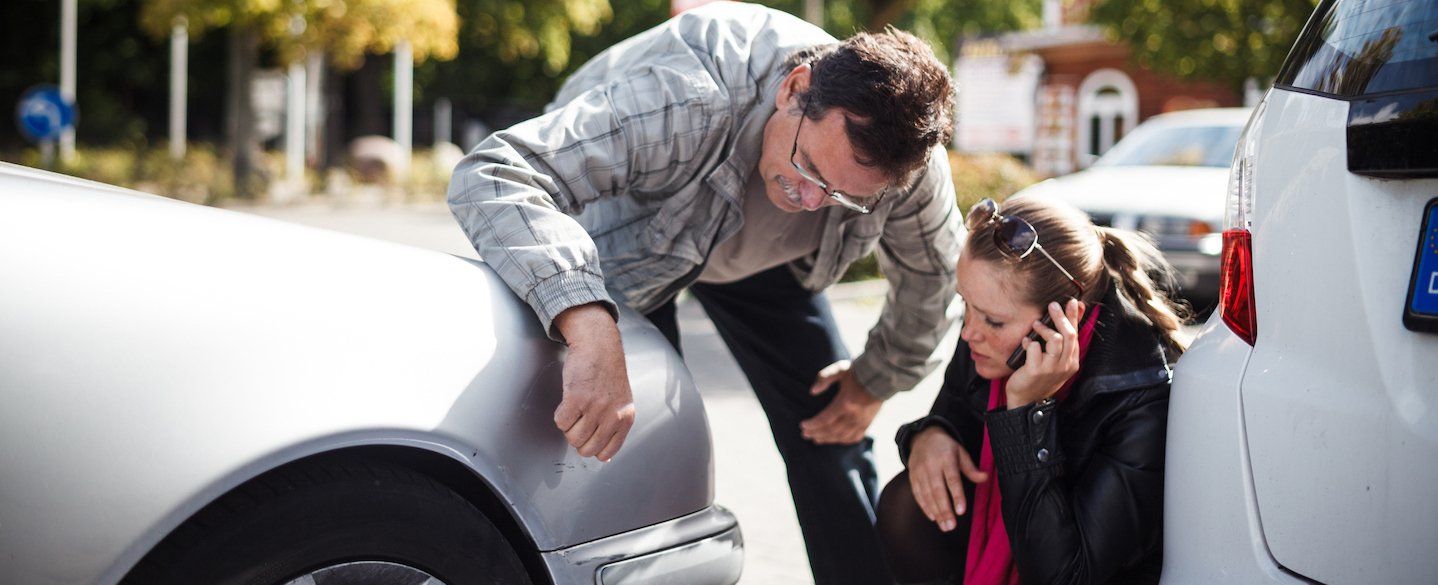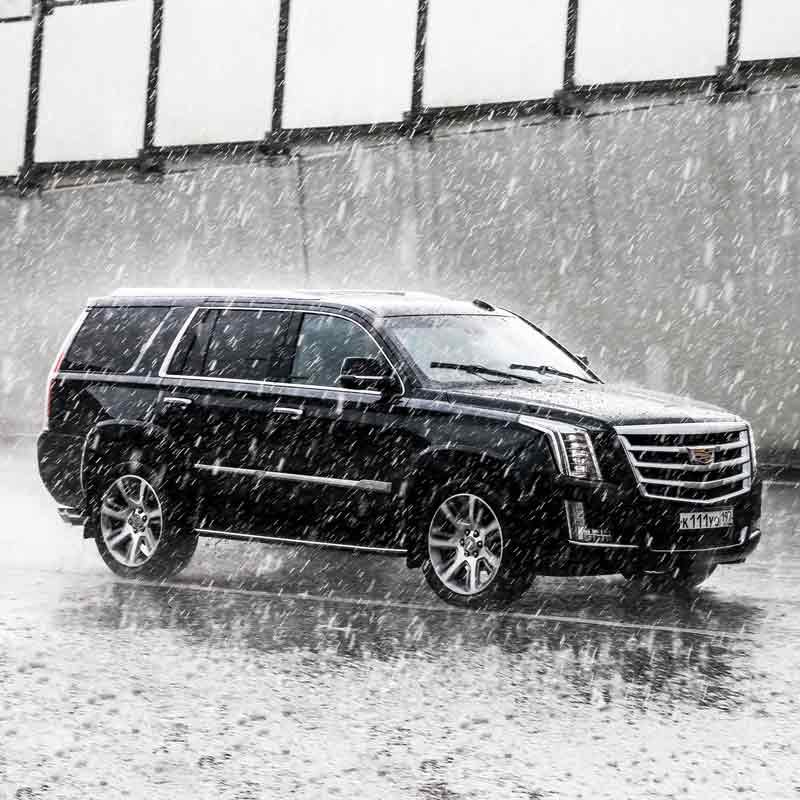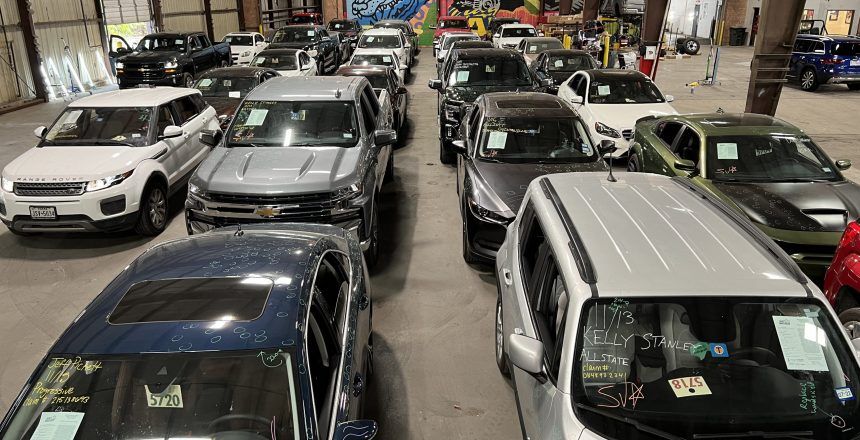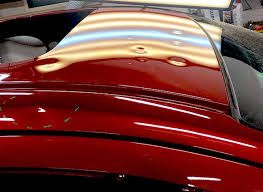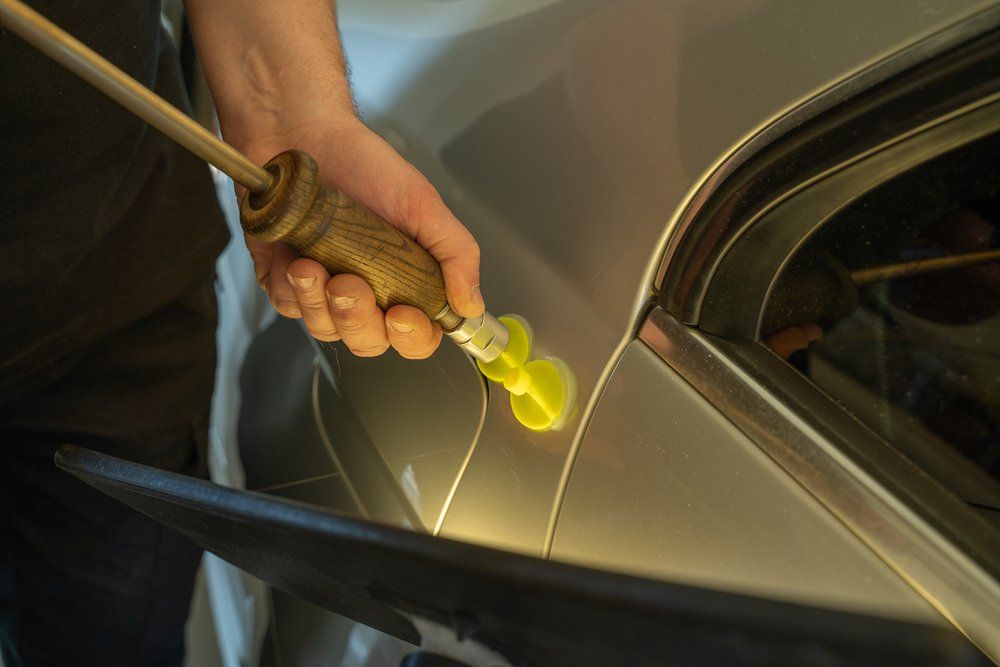What to Do if Your Car Overheats
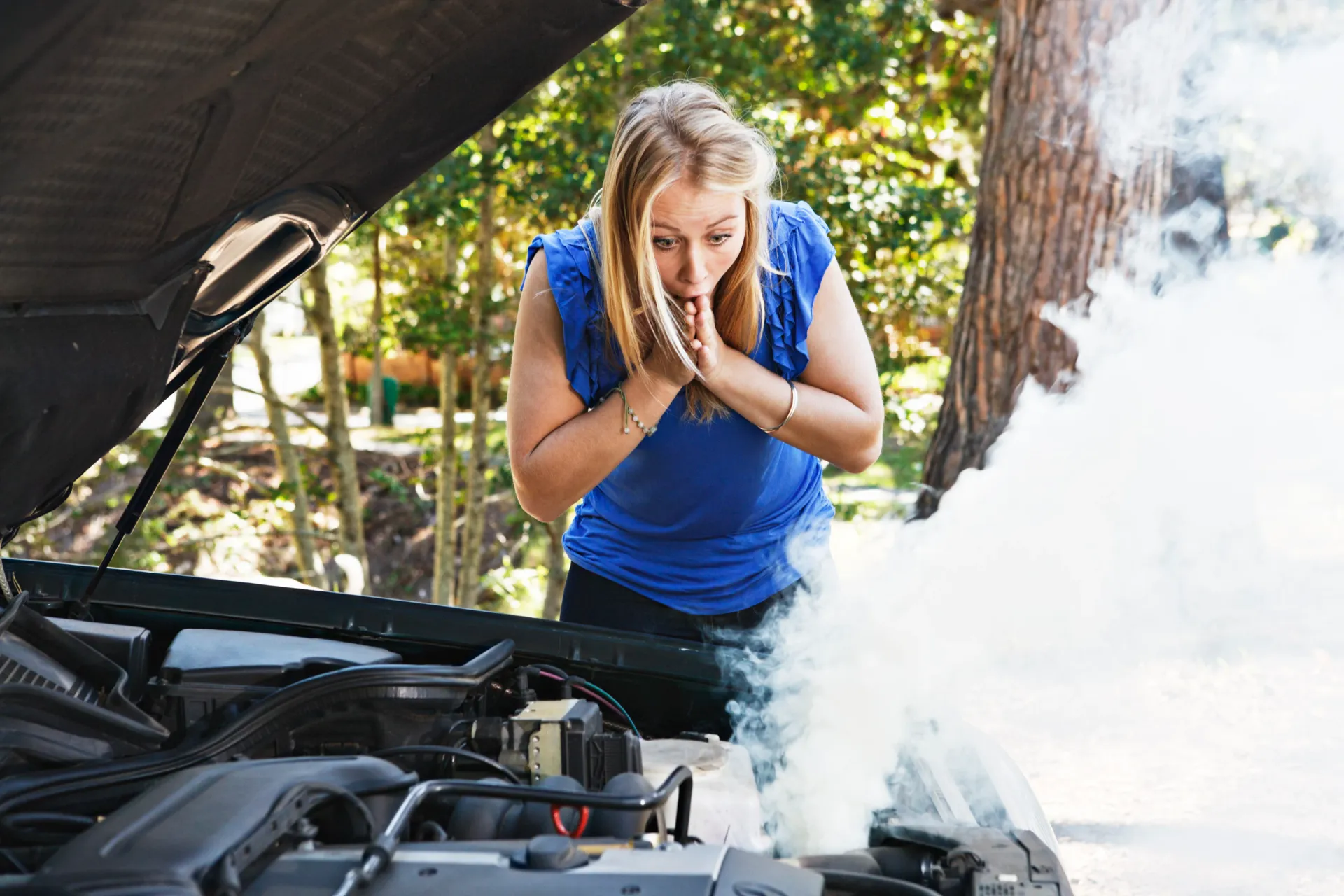
If you are driving on a hot summer day and notice that your temperature warning light has popped on, you need to know exactly what to do to prevent further damage to your car. An engine overheat can cause severe damage to your car's systems, so reacting in a correct and timely manner is imperative. Simply waiting a few more minutes to find a body shop is not going to cut it, so you will have to wing it and act fast. If you are unsure as to what to do when your engine overheats, make sure to follow the steps below.
Pull Over
As soon as you see the overheat warning appear on your dash, you must pull over. Pulling over will give your engine a break, giving it a chance to finally cool down. If it is a hot summer day, your engine will likely need a break from the drive, so pulling over will give it a chance to catch up and get back to normal functions. As soon as you put your car in park, you will need to kill the engine, ensuring that it doesn't keep trying to move.
Wait
Once you have killed the engine, it is time to patiently wait. It will not be safe to raise the hood of your car for at least 15 minutes, so you will need to simply sit by your car and count the clock. By waiting 15 minutes, you will give yourself your best chance at avoiding extremely hot surfaces that will easily burn you. These surfaces exceed 200 degrees, so it is vital that you don't come near them.
Add Coolant
Once you have waited at least 15 minutes, you should feel the hood of your car; if it is hot to the touch, then you will need to keep waiting, but if not, then you should go ahead and raise the hood. Now, you will want to locate the radiator cap and grab a towel. You will need to slowly push down on the cap and turn it, releasing any pressure that may have built up inside of the system. Once you have taken the cap off, you will need to slowly add coolant to your engine. Begin slowly pouring coolant in, half water and half antifreeze, until it has reached the full mark on your radiator. Then, add coolant to the small plastic container beside the radiator. After you have finished this, take the cap and reseal the radiator. Now, you will want to close the hood and restart the engine, monitoring the vehicle's temperature while doing so. If the warning light has disappeared, you will be able to start driving again, but cautiously.
Visit the Body Shop
Now that you have solved the immediate problem at hand, you will need to locate the nearest body shop for your vehicle. It is vital that you get your car checked out as soon as possible, ensuring that the root of the problem is solved. Fixing your overheating engine by adding coolant will only solve your problems temporarily, so waiting to find a body shop is not an option. Make sure that you go out and find a body shop that can take a look at your engine immediately, ensuring that your engine doesn't suffer further damage.
What Causes an Engine to Overheat?
While there are several things that can cause an engine to overheat, these problems are almost always associated with problems in your vehicle's cooling system. Often, your cooling lines will begin to either leak or become blocked, causing your engine to heat up. A body shop will usually be able to take care of a cooling problem relatively easily, getting your car back on the road in no time.
